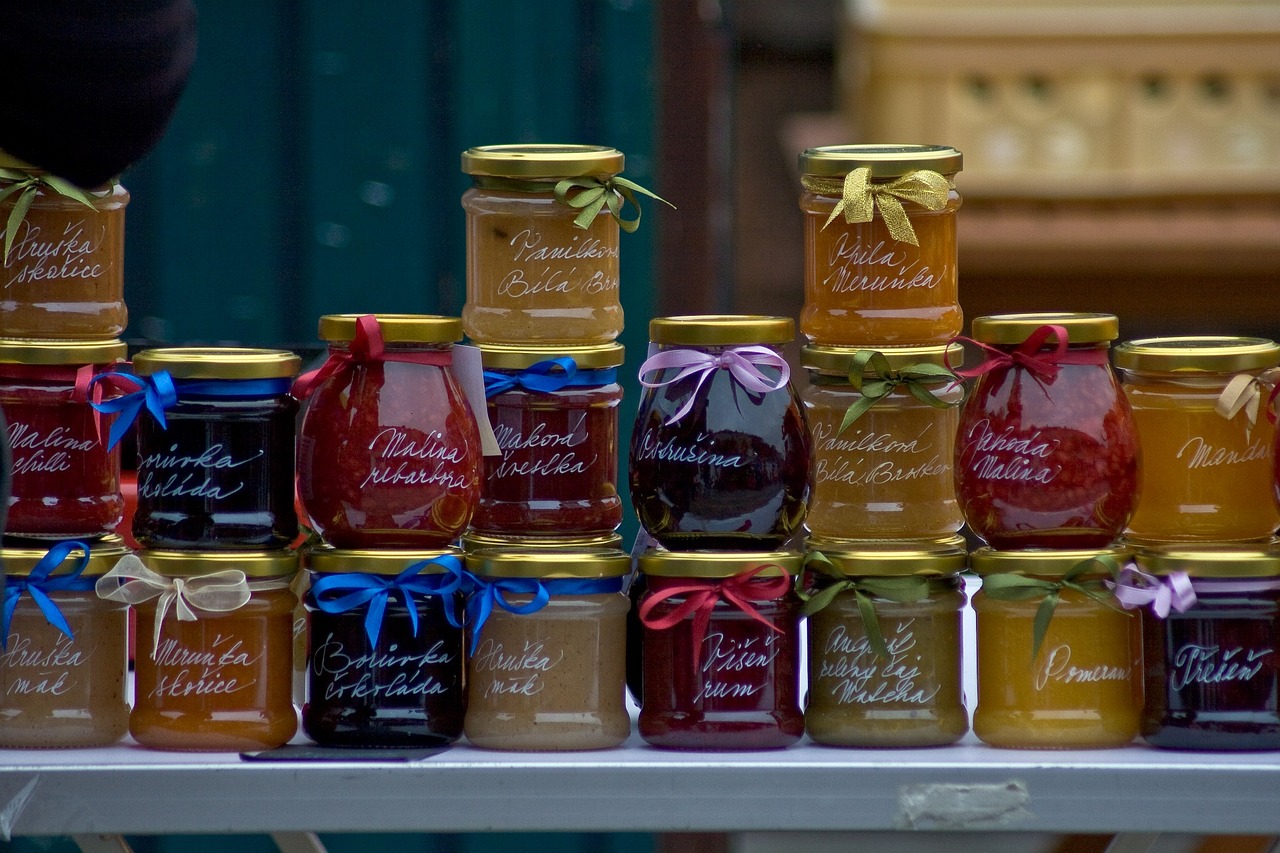
The number of such markets has almost tripled since 2012.Continue reading
There is a growing demand for premium domesticated pigeon products, especially in the external market, and to meet this demand, the meat pigeon sector needs to be boosted, Minister of Agriculture István Nagy said on Saturday at the Pigeon Breeders’ Day held in Hajdúböszörmény.
The Minister recalled that this is justified by the agreement signed with Singapore in April and Japan in May this year on the export of large quantities of Hungarian pigeon meat.
The construction of a slaughterhouse and processing plant in Görbeháza with the appropriate technological standard, enabling the production, sale and worldwide promotion of these luxury products produced in Hungary with high added value, is of paramount importance to serve all these needs,
the ministry informed MTI.
István Nagy recalled that an initiative was launched in December 2018 to reorganize and boost the Hungarian meat pigeon sector, as pre-refrigerated pigeons of uniform body size and high meat content can be a profitable export product, while ensuring a sufficient marketable commodity base, the statement said.
The Minister added that this has led to the launch of the National Squab Program, a pilot project with the title “Soaring Farm”.
Since 2019, the Ministry of Agriculture has been providing non-refundable transitional aid for the purchase of pigeons. In the last four years, a total of 55 applications have been submitted for the purchase of 38,322 meat pigeons, worth more than HUF 190 million (EUR 508,692).
István Nagy stressed that the application for the purchase of breeding pigeons would be reopened in September.
The Minister said that the aim of the aid is to contribute to the livelihood of Hungarian families involved in the meat pigeon sector and to the retention of population in the countryside, while also strengthening the single commodity base. Pigeons and pets are a community-building force, and shared passion, successes and memories create a strong bond in which traditions and cultural values are passed down from generation to generation.

Squab dish. Photo: Facebook/Nagy István
This community carries values such as solidarity and responsibility towards each other, nature and the environment. We therefore consider this sector to be worthy of support because it is here, too, that we can preserve and renew our rich traditions linked to agriculture, our intellectual heritage based on experience and professional knowledge through development and innovation, concluded István Nagy.
In England, however, pigeon meat was eaten when other food was rationed during the Second World War and remains associated with wartime shortages and poverty.
The modern squab industry uses utility pigeons. Squabs are raised until they are roughly a month old, when they reach adult size but have not yet flown, before being slaughtered.
Featured image: Facebook/Nagy István